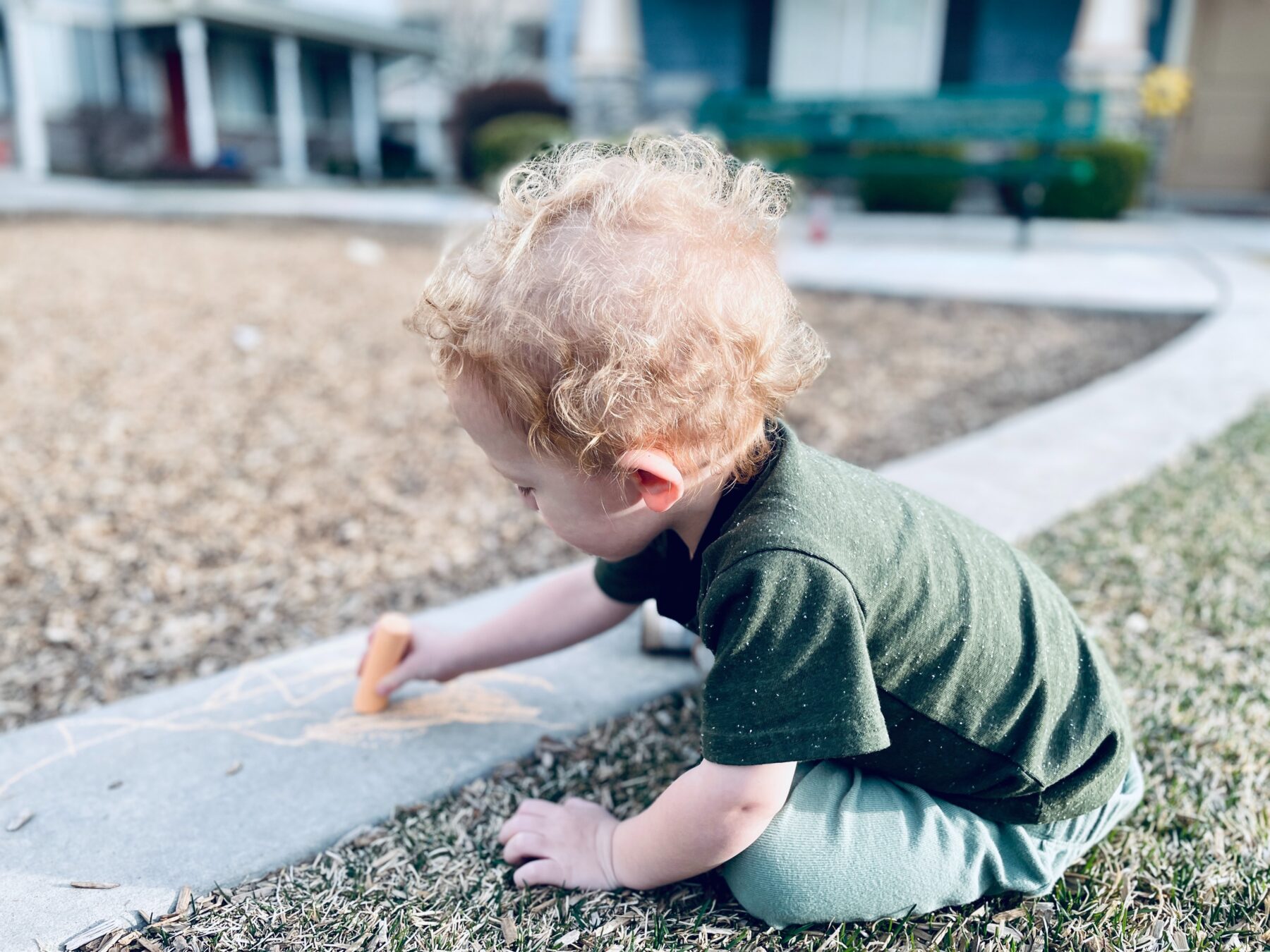When it comes to children’s development, do ratios even matter?

A recently published review which analysed evidence from 12 studies representing eight different population groups found that there are “surprisingly few” high quality studies showing the effectiveness of reducing adult/child ratios and group sizes on factors such as young children’s psychosocial adjustment, development, and well-being in early childhood education and care.
Although the investigators noted that the small amount of studies available for review made it impossible to draw any definitive conclusions, their early results “tentatively” suggest that fewer children per adult and smaller group sizes may increase process quality—defined as more positive adult/child and child/child interactions, less coercive and controlling adult interference, and less aggressive and more prosocial child behaviour.
“Findings from the present review may be seen as a testimony to the urgent need for more contemporary high quality research exploring the effects of changes in adult/child ratio and group size in early childhood education and care (ECEC) on measures of process quality and child outcomes,” corresponding author Dr Nina Thorup Dalgaard of Vive, the Danish Center for Social Science Research explained.
The main finding of the review is that there are surprisingly few high-quality studies exploring this study question using a methodologically suitable study design. Furthermore, the existing studies on the topic are on average almost 30 years old, and there is not a single high-quality study exploring the effects of different adult/child ratios and group sizes for children younger than two years of age.
Similarly, no high-quality studies explored the long-term effects of adult/child ratio and group size in ECEC.
To access the findings in full please see here.
Popular

Quality
Practice
Research
Crayola Creativity Week 2026 launches as research highlights strong link between creativity and confidence
2026-01-06 07:00:35
by Contributed Content

Practice
Quality
Research
The transformative power of affection: How nurturing care shapes early childhood development in Guatemala
2026-01-07 07:00:56
by Fiona Alston

Research
New study finds social dominance preferences emerge in early childhood
2026-01-06 07:30:50
by Fiona Alston














